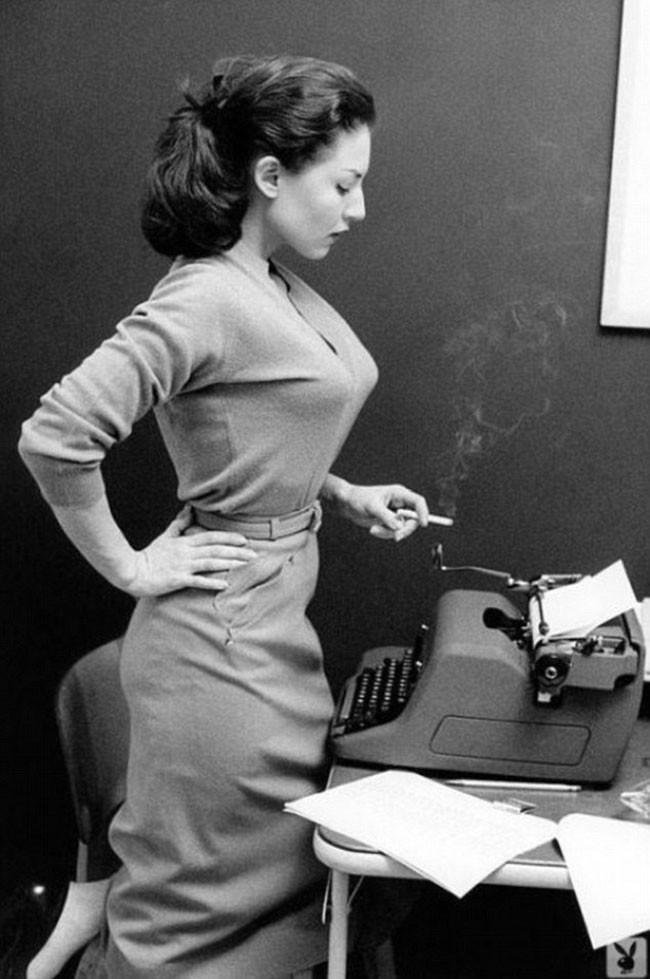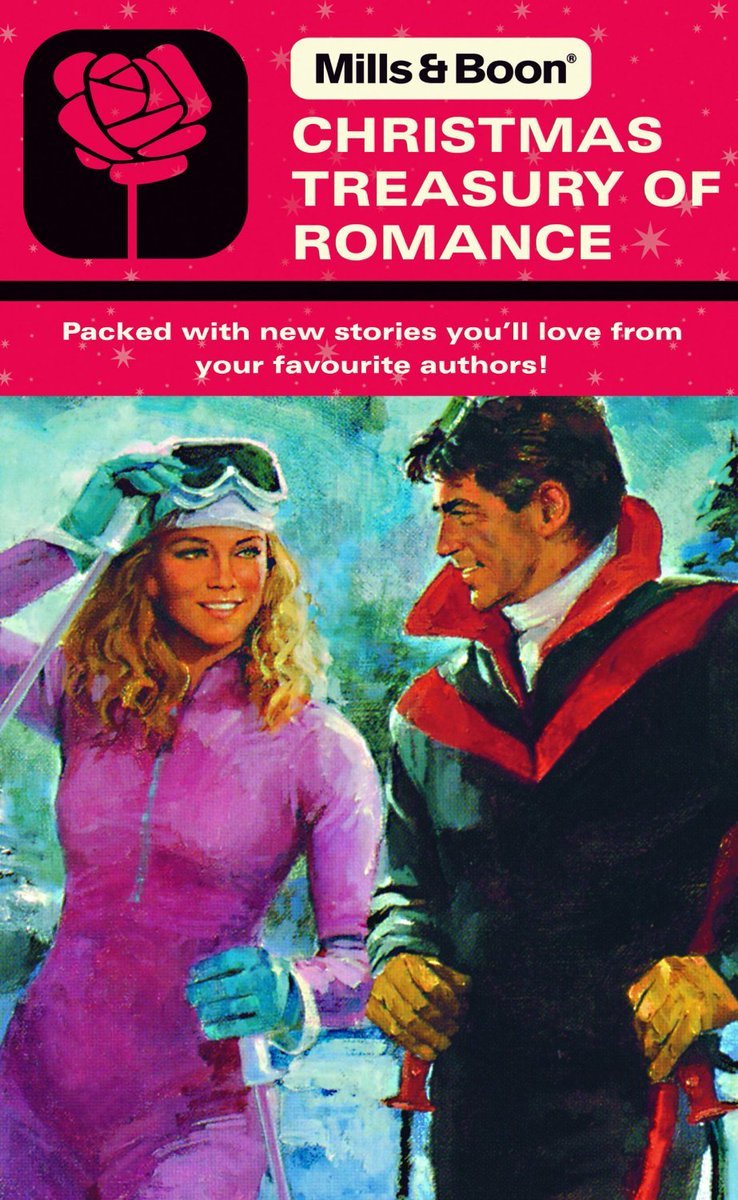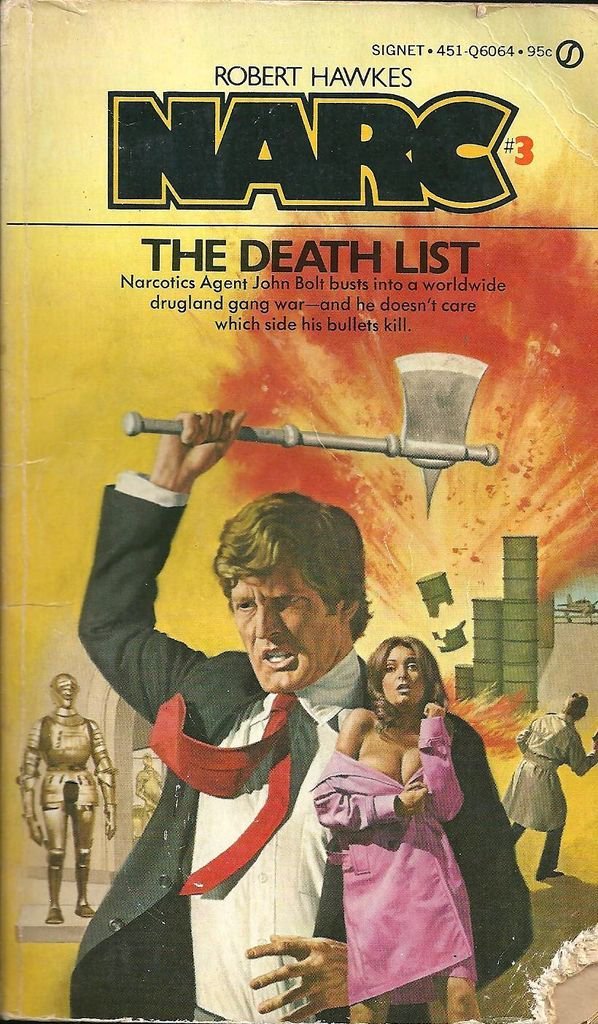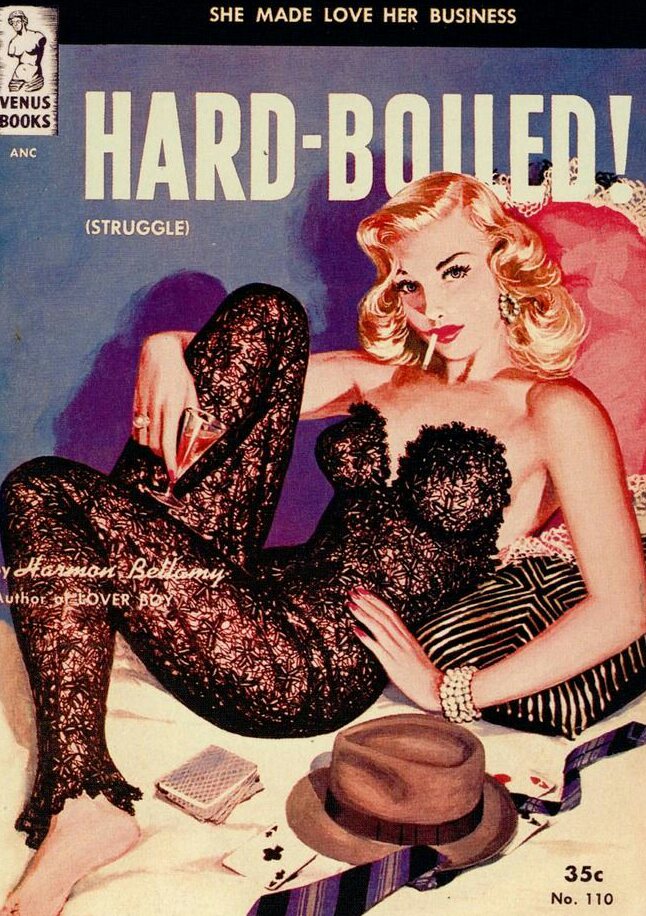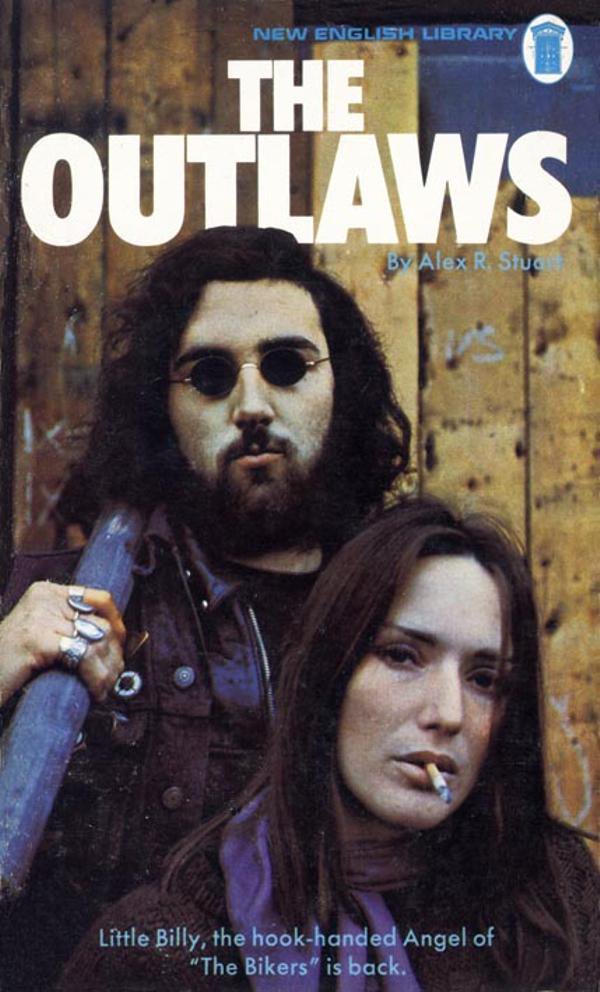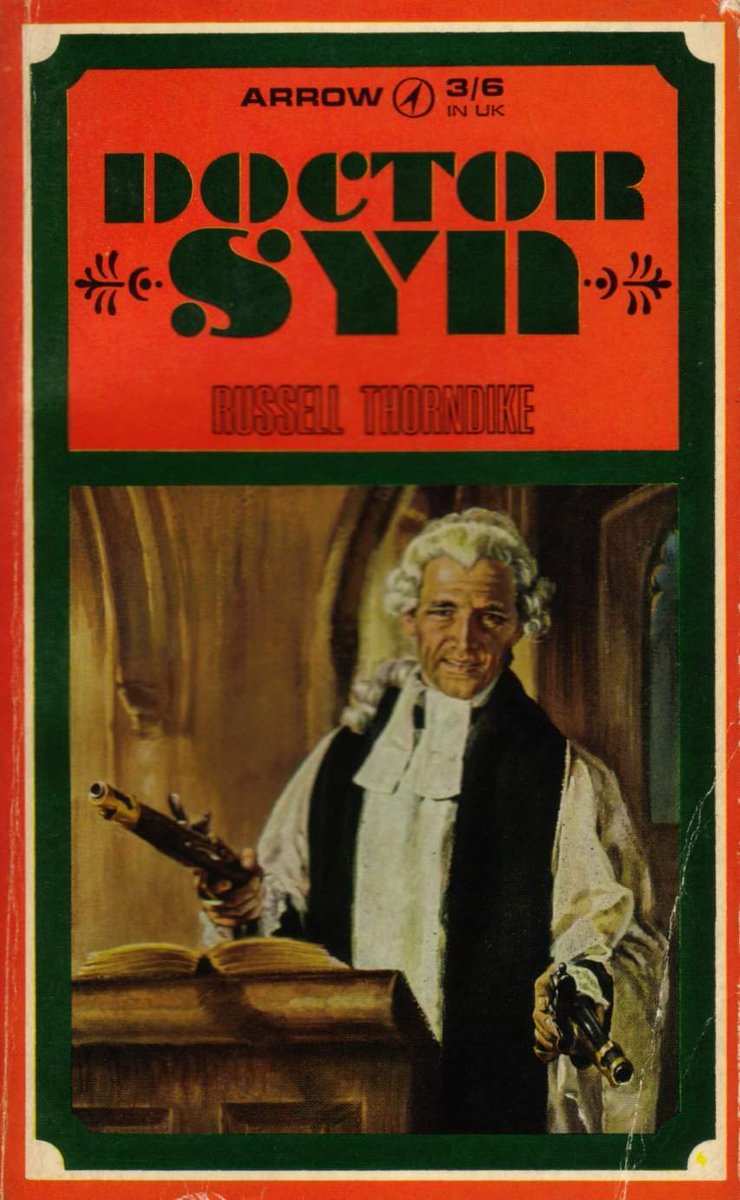If you use news websites then you will already be familiar with the 12 step process for reading a news article online. If not, I've summarised them below.
Please follow all steps carefully and don't skip any...
Please follow all steps carefully and don't skip any...

Step 5: close news notification pop-ups, as your phone already pings nineteen times a minute due to Twitter notifications. 

Step 6: close requests to install apps as you have no memory left on your phone after your last WhatsApp update installed itself. 

Step 7: close window notifying you that you are reading the article for free. You didn't come here for a guilt trip. 

Step 8: close window requesting you to register to read more articles. You haven't the mental stamina to remember any more passwords. 

Step 9: close window opened by accidentally clicking on sponsored content when closing other windows. 

Step 10: close breaking news pop-up, as three other pre-installed apps you can't delete have already told you the same thing. 

Step 11: carefully scroll through other sponsored content links that have pushed paragraph two of the news story halfway down the page (take care to avoid step 9 again). 

Step 12: when you've finished reading delete all browser cookies, meaning you have to go through all these steps again when you read another article.
News costs, and pop-ups are the price you pay for information.
You're up to date...
News costs, and pop-ups are the price you pay for information.
You're up to date...

• • •
Missing some Tweet in this thread? You can try to
force a refresh






